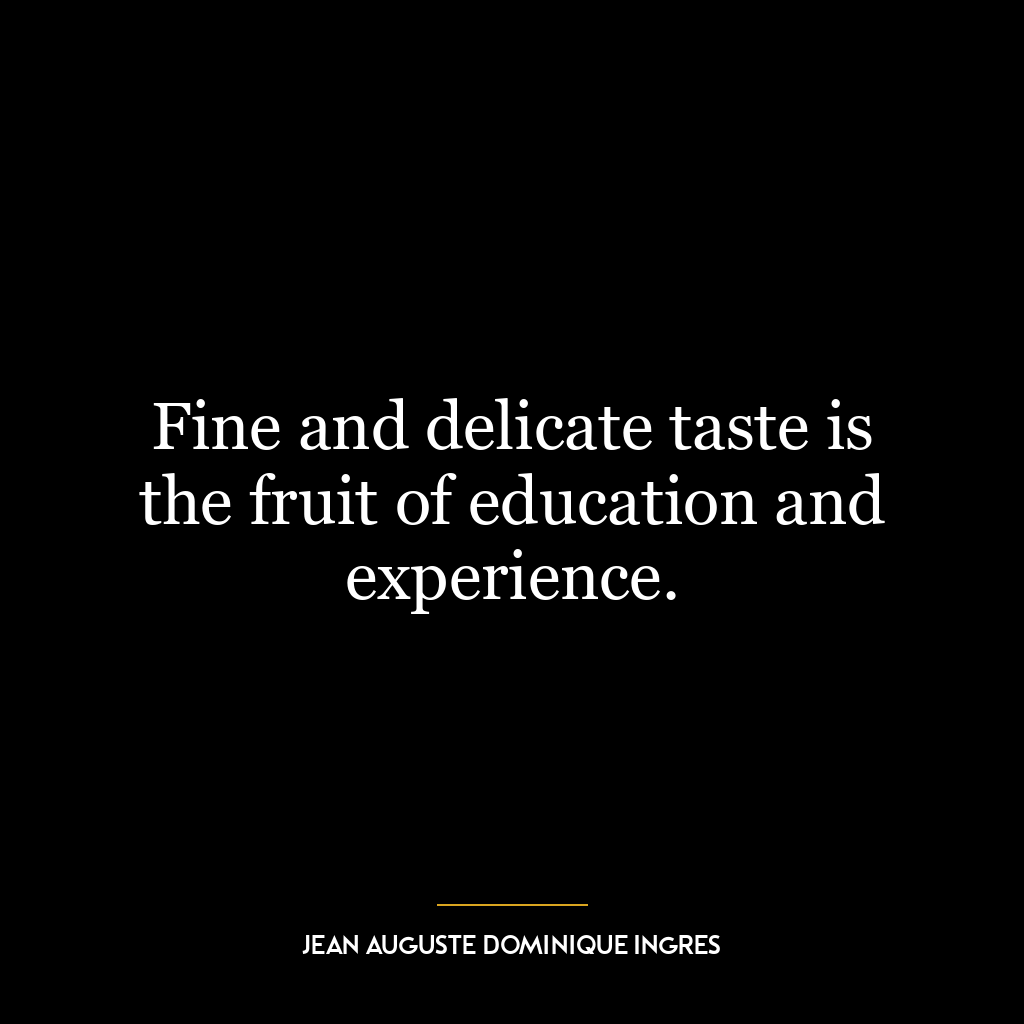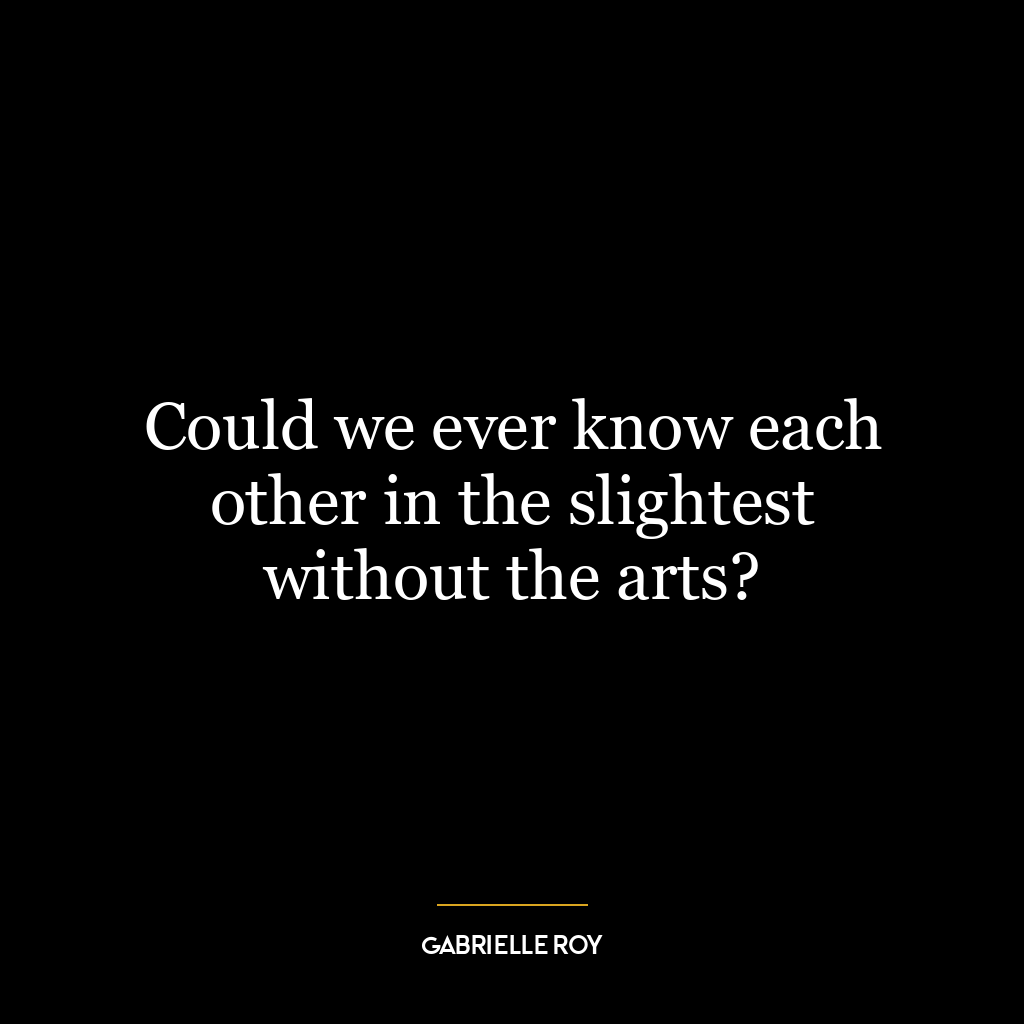This quote emphasizes the importance of experiencing life directly, rather than trying to understand it through abstract concepts or ideas. In other words, it suggests that we should focus on the tangible, sensory experiences of life – the things we can see, hear, touch, taste, and smell – rather than getting caught up in complicated theories or ideas about what life is or should be.
The quote further implies that life is not a static thing that can be neatly defined or categorized, but a dynamic, ever-changing process that needs to be actively engaged with. It’s about being in the moment, being fully present and immersed in our experiences, rather than trying to analyze or intellectualize them.
This idea is especially relevant in today’s fast-paced, technology-driven world, where we’re often more connected to our devices than to the world around us. We can easily get lost in the virtual world, in the endless stream of information and entertainment, and forget to actually live our lives.
In terms of personal development, this quote reminds us to focus on practical, experiential learning, rather than just theoretical knowledge. It encourages us to step out of our comfort zones, to try new things, to take risks, to make mistakes and learn from them, rather than just reading about these things or thinking about them. It’s about developing a hands-on, proactive approach to life, rather than a passive, reactive one.
Moreover, it underscores the importance of mindfulness, of being fully present and engaged in whatever we’re doing, rather than being distracted or preoccupied. It’s about cultivating a sense of curiosity and wonder, of appreciating the simple, everyday moments of life, rather than always striving for more or worrying about the future.
In a nutshell, this quote is a call to action, a reminder to live our lives fully and deeply, rather than just going through the motions or getting lost in abstract thoughts and concepts.












